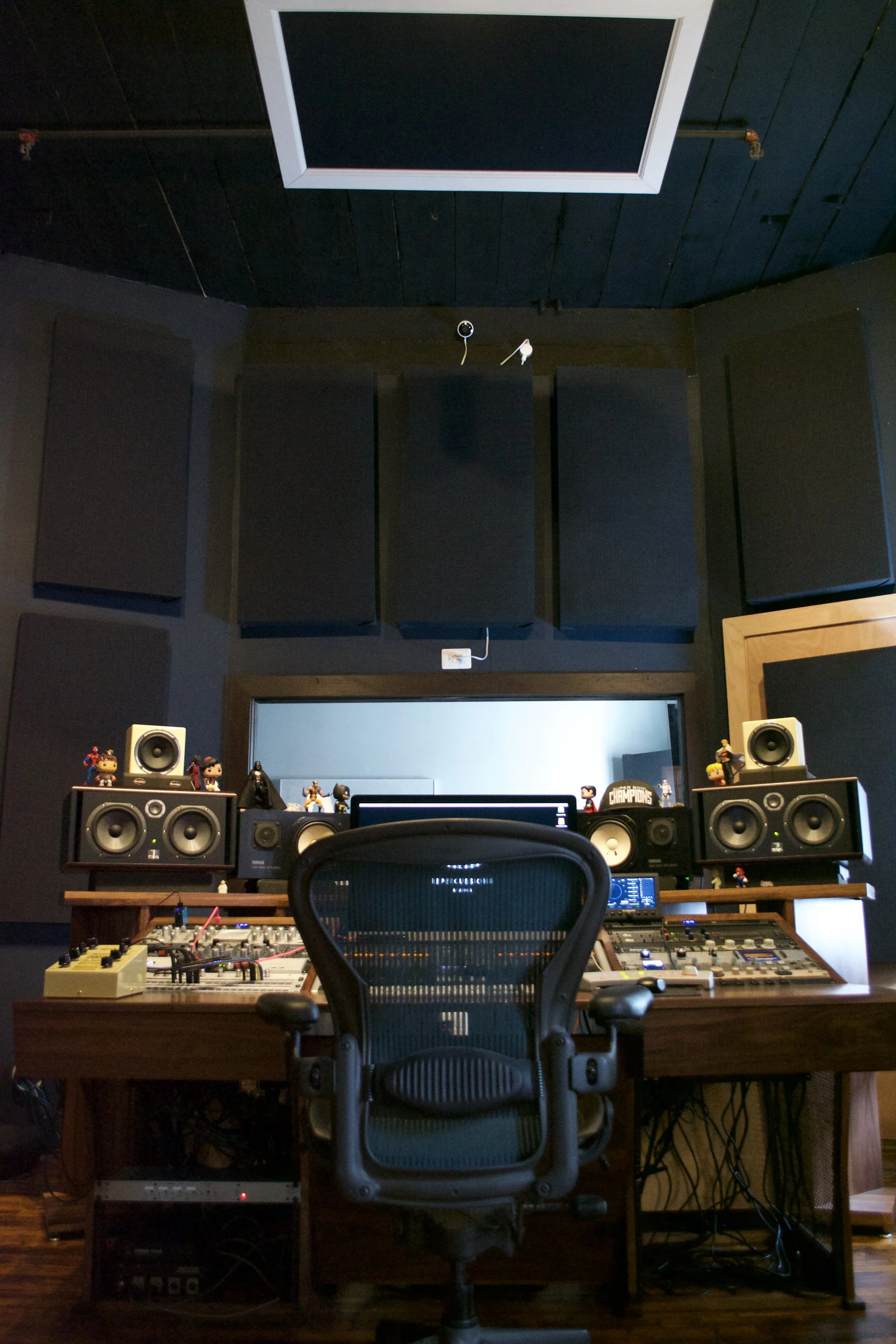Mastering can often be a bit of a game of compromise. Our philosophy is to get the mix exactly how we want it to sound. With the popularity of making songs loud there is a bit of degradation that happens when you push a limiter too hard. We often forget that mastering is an enhancement of the mix not simply a louder version of it. When preparing for a master having your mix sit under -6db is a healthy rule of thumb. This is the peak level. Enhancements can be made by using harmonic enhancers. The use of your compressor at this stage should be looked at as a harmonic enhancer not simply a compressor. Though cutting some transients are important at this stage to not over work your limiter. Our philosophy on Eq in the mastering stage is primarily for deductive eq, cleaning up frequency build up. Multiband compression can then be used in conjunction as a means to control individual transients that may be harsh or dull. Doing all these things while constantly observing the changes you've made as to not bastardized the mix your fellow engineer/producer has worked so hard to create. Mastering is not the cure for a poorly done mix and hence we often offer constructive criticism to help songs sound more commercially appealing. Mastering is a small step in the grand scheme of making a record understanding this and approaching a mix and enhancing it will often leave your clients with a better production of their vision.
Viewing entries tagged
gospel
Tip: I thought the headphone post was a little weak so here's another one... Mixing drums. tuning drums is essential to live recording; However its not always done right or beatmakers will just throw on any ol drum set. If you want your drums to feel locked in and sounding super tight, try an boosting an eq using the key of the song. Using plugins like "rbass" or just a standard eq and add frequencies in the key of the song. If the song is in C try and find the frequency that would enhance that. Using 5ths or the tonic depending on what sounds good or even subtracting the tritone could help your drums sound more in sync with the music. Country music uses this trick a lot, and sometimes the over use of this can make it the drums sound stale. Use it with discretion. Happy music making
Tip: gain stage. If you don't know what this is you need to. This is the most important and fundamental element to a good mix. With the digital age 24 bit depth and 32 float you have a huge room for error but we neglect to realize that our plugins (esp hardware emulations) will distort like the hardware. If you want that gritty sound by all means go for it. But more often than not clarity is the key. Your introducing harmonics and distortion that appear inaudible when you solo a track but across your whole session it will build up. Without the fundamentals down everything else will fall apart. Remember to gain stage before you touch any faders or effects. Happy music making!
Tip: for you hip hop producers. a common mistake producers make when making a beat is using the same velocity on your midi sample throughout the whole song. The most noticeable is your kick.
Try this. Use a different velocity for your kicks. Find your accent kick and make that 127. Then try to bring the rest down to 110 or other less important kicks to 90 or more. Try to create a groove. Another way of accomplishing this is to pitch down the kicks. A simple volume ride might also do the trick as well. But there are scenarios that each benefit from. Try all three and find out what you like best.
Another tip when your using a drum sample, with midi drums on top. For clarity sake, say you use a 70s funk drum intro you sampled from your moms vinyl collection and on top you have some 808 and 909s. Throw a delay on your sample. Something subtle so that it accents the groove. A 8th delay usually will do the trick. But experiment with other times. Or even triplet or dotted delays. Ping pong delays even. When you do this low pass and high pass the delay so that it isn't super audible. It should give a sensation that it moves.


